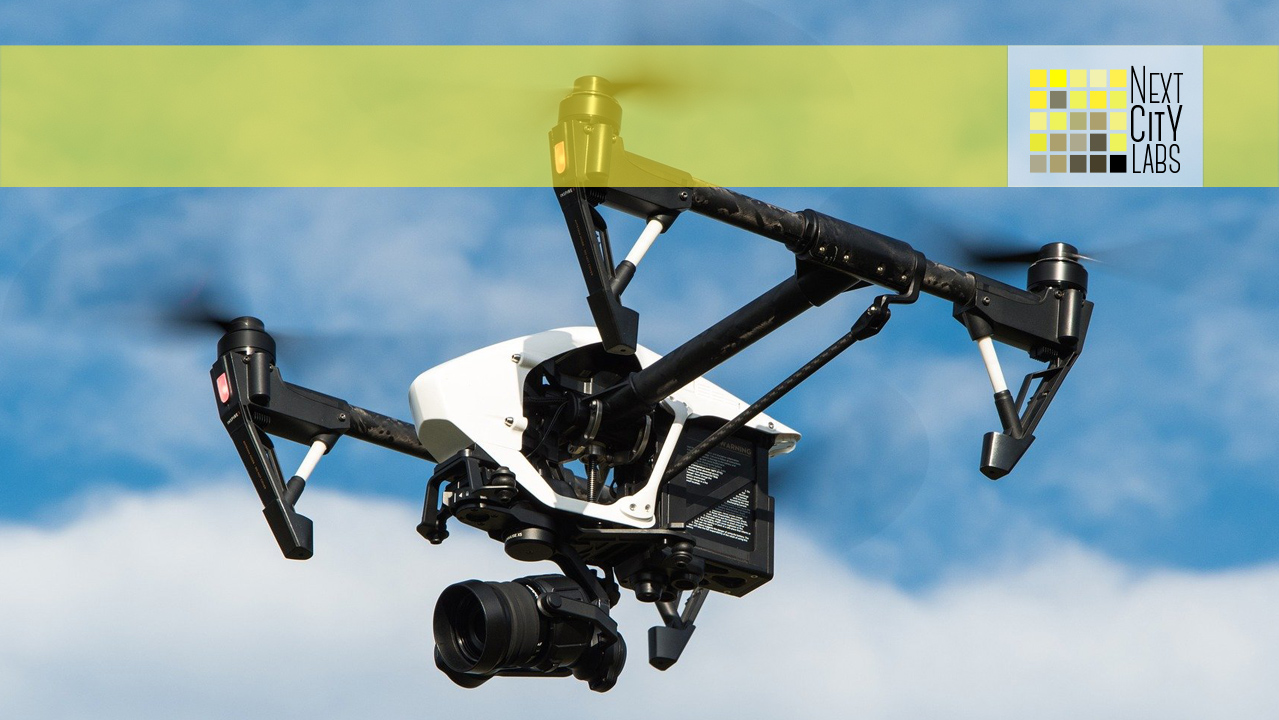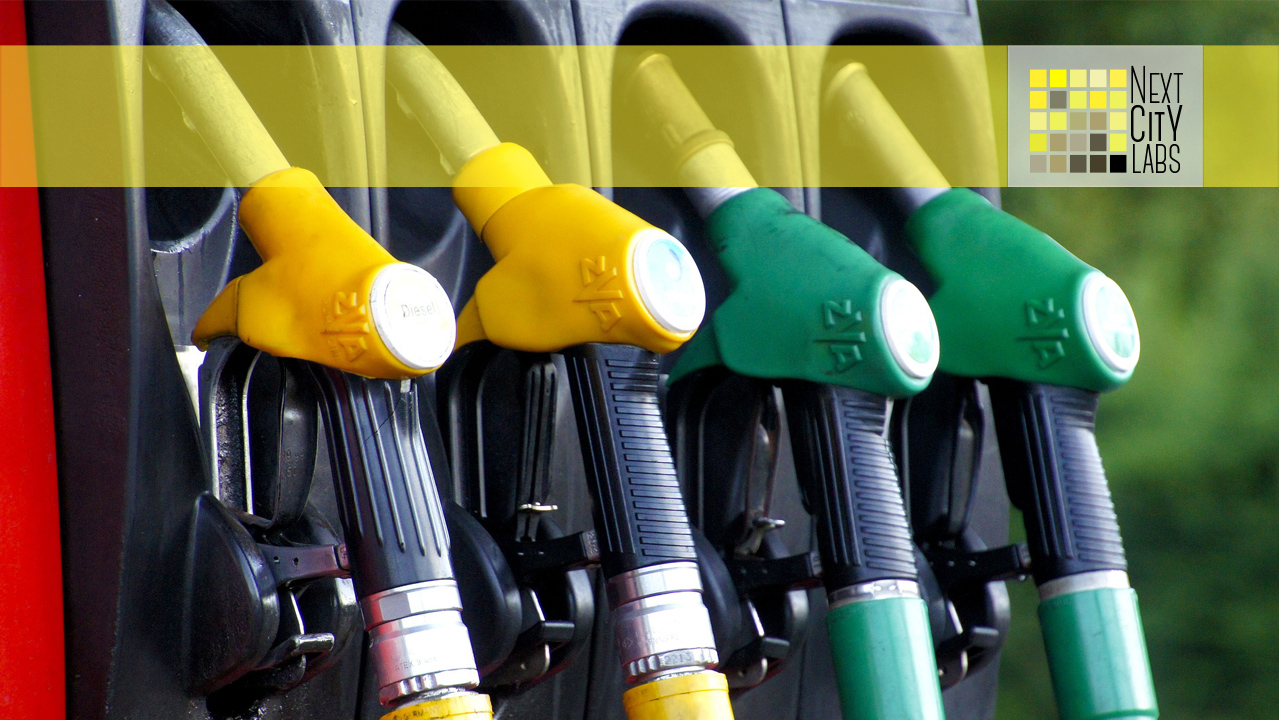Mobility
Mobility is undergoing transversal changes due to the replacement of traditional vehicles powered by fossil energy. We face major challenges in this area, such as vehicle autonomy and safety, intelligent traffic management and autonomous driving.
The automotive industry is undergoing unparalleled change. The adoption of new technologies such as electric and hydrogen mobility creates interesting opportunities for all players. Changes that must always be taken from the point of view of sustainability, with renewable energies as a source of energy.
One of the most important points is focused on the autonomy of vehicles using high-power batteries and autonomy. Related to these are the charging stations, a crucial point for the expansion of this technology and which is based on two levels, i.e., private charging stations for homes and public charging stations. In addition, the new paradigm that comes with smart cities dedicates many spaces to pedestrians, bicycles and other types of electric vehicles that promote a healthier lifestyle and reduce emissions.
The arrival of artificial intelligence on the scene enables a new era in mobility: Smart mobility. This trend brings sustainability as it enables a much more efficient management of all resources and processes. Vehicles have especially benefited from connectivity (IOT) in both the individual and collective spectrum. Thanks to this model, the efficiency of the transportation infrastructure has been increased by using sensors to collect data, real-time monitoring and signaling systems that adapt to the traffic conditions at any given moment, involving the population through access via mobile devices.
All these technologies mentioned above are having visible effects in the short and long term: reduction of greenhouse gas emissions into the atmosphere, reduction of noise pollution and heat emissions, and shorter travel times, among many other benefits.





